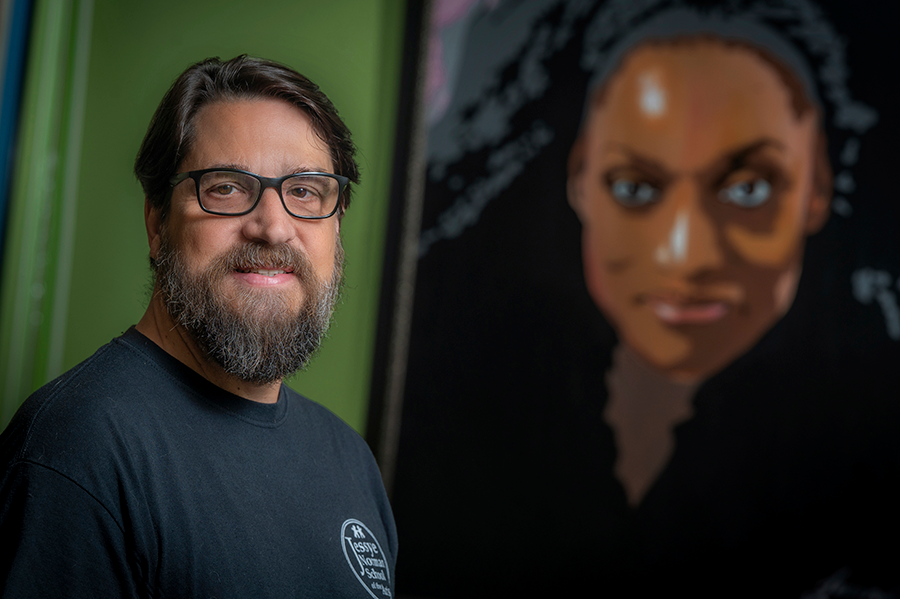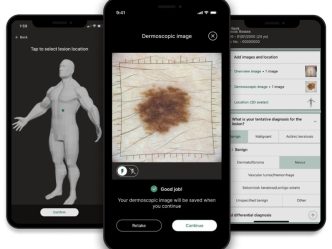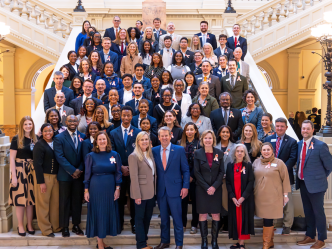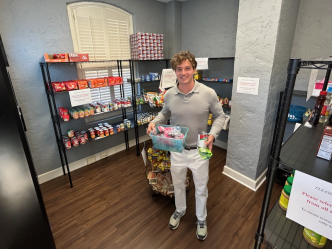Gary Dennis’ path to the city of Augusta and Augusta University has been long and touched many parts of the country.
Dennis earned his Master of Business Administration from AU’s James M. Hull College of Business and is now the executive director for the Jessye Norman School of the Arts in Augusta.
“The experience at Augusta University was transformative, and I didn’t even recognize it at the time,” said Dennis.
Originally from Pennsylvania, Dennis studied political science with the goal of becoming a lawyer, but, after joining the United States Coast Guard, he was stationed in Alaska for a year before moving to Hawaii, where he finally completed his degree in political science.
Once his service was over in his early 30s, Dennis became a product introduction manager with Quickset in Waynesboro, Georgia. Around that time, he started to connect with the art community in Augusta. When the economy took a downturn, Dennis decided to stay in the Garden City.
He enrolled in the Hull College of Business and finished his MBA in 2010. It was something he needed but didn’t realize it at that point.
“I needed to be encouraged to do it. I was in my 40s when I went back to finish, and someone told me, ‘Well, would you rather be 50 with an MBA or 50 without an MBA?'” said Dennis. “I said ‘You make a really strong argument, so I can’t argue with that.’”
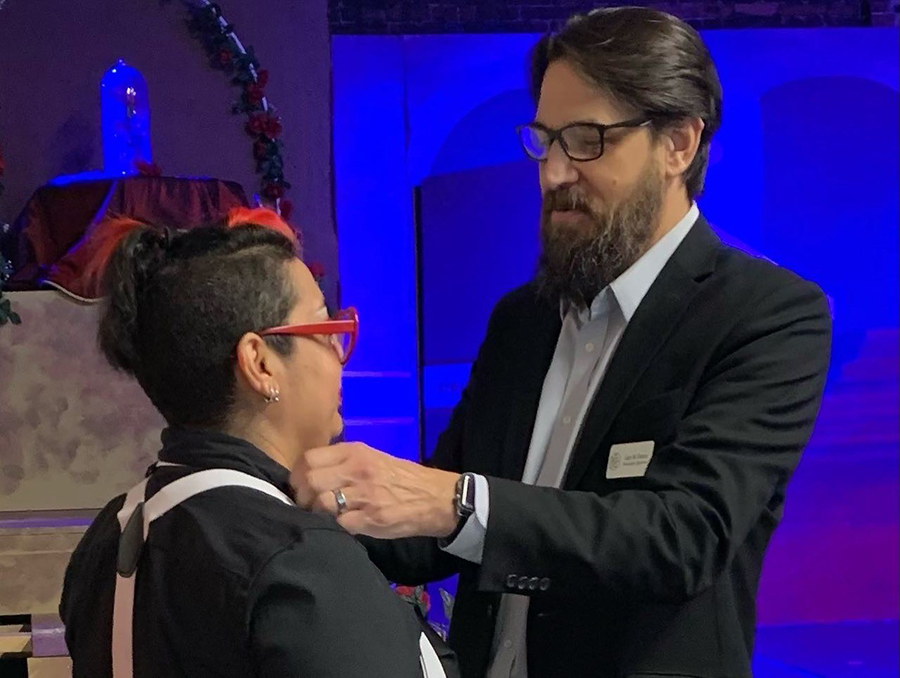
Before earning his MBA, Dennis worked as a part-time drama teacher at Jessye Norman a couple of days a week, a role that expanded regularly.
When asked about going elsewhere, Dennis knew his changing role at JNSA was meant to be his future, and he needed to be with the kids at JNSA on a daily basis. On top of that, with a wife, two daughters and a granddaughter, all of his priorities in his personal life were set.
“I knew that the Jessye Norman School of the Arts was the most important thing in my professional life, and it was a place of focus,” said Dennis. “It really made me feel good about my community, my own work and effort. It made me feel good about the people around me, and I had the opportunity to contribute to positive culture in our community.”
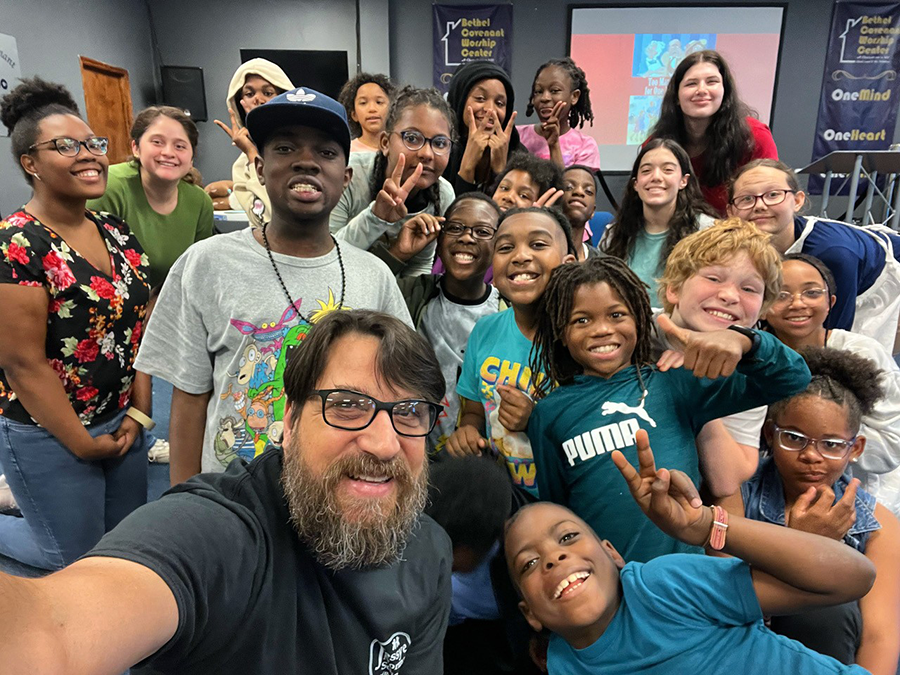
He told then-executive director Linda Scales, EdD, that he wanted this to be his “give back.” In 2012, when Scales was ready to retire, Dennis was able to step into the position and has held it ever since. He credits completing his MBA at AU as preparing him for the role.
“I remember giving the exit interview after I graduated where they essentially asked, ‘What did you learn in your program?’ I learned that if you have a desired set of expectations, all of the incentives that you apply and disincentives that you apply to those expectations have to be aligned to that expectation,” he said. “If you’re not supporting what you want, with all the immediate actions, you’re not going to get what you want.”
There have been a number of partnerships between JNSA and Augusta University, and Dennis said most have happened organically, but some with a purpose.
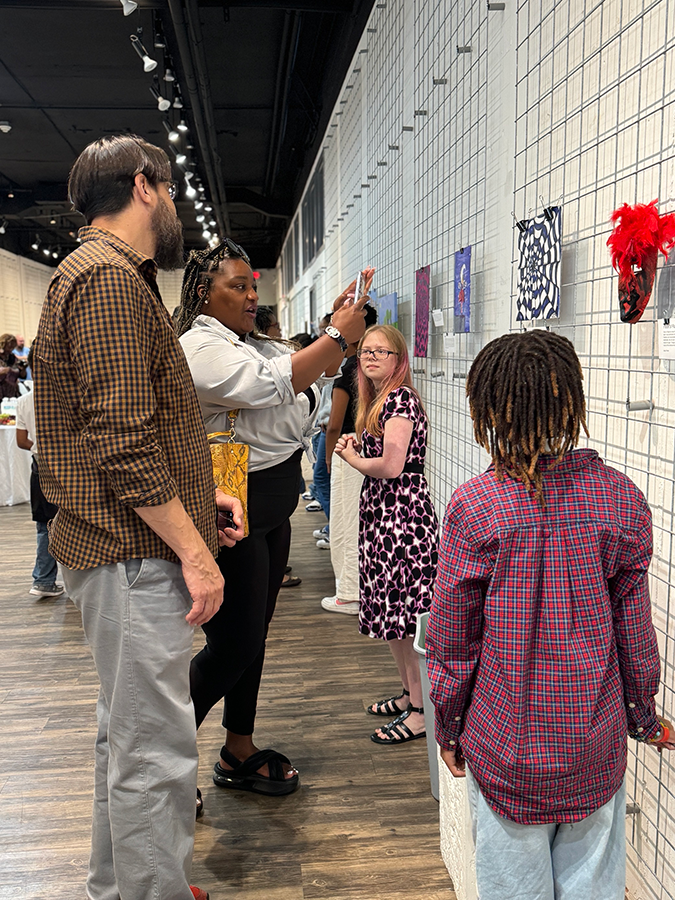
[Photo courtesy Gary Dennis]
The school has hosted gallery shows for the College of Education and Human Development’s STEAMIFY’s program, worked with Wycliffe Gordon and the Department of Music in the Katherine Reese Pamplin College of Arts, Humanities, and Social Sciences and has a long-standing relationship with the Grover C. Maxwell Performing Arts Theatre.
A few years ago, AU’s College of Nursing and the Community Nurse Leadership program approached Dennis about making a community box outside the school so those in need could get some essential items. That remains stocked to this day.
The school has also worked with the Hull College of Business and was involved with the J-Tank program, a play on the popular show Shark Tank, an economic empowerment program.
“The university has been wonderful to work with and usually around class projects. They’ve been really open to making those projects more than perfunctory and they’re thoughtful, meaningful and they’ve had an impact on our students. It’s been a good relationship,” he said.
That partnership extends to current employees at JNSA. They only have a handful of salaried employees, but most are Augusta University graduates who have gone through their internship program.
The Jessye Norman School of the Arts was founded in 2003 by the Rachel Longstreet Foundation, Inc. after Jessye Norman, a world-famous opera singer from Augusta, provided the money to get it off the ground. It’s a tuition-free school that offers courses in dance, drama, visual art, music, digital art and more for younger students in the Augusta area. It was originally only open two hours a day, four days a week.
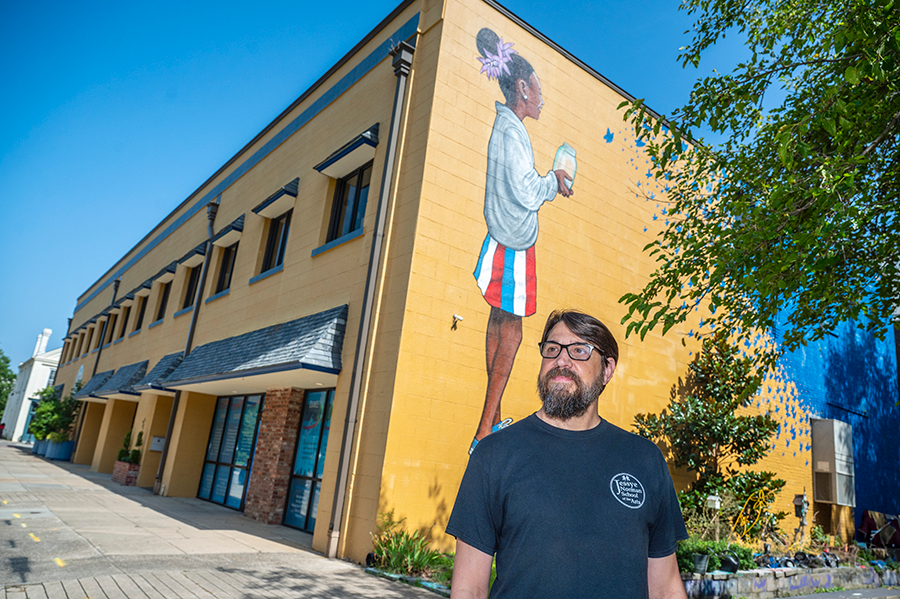
Dennis felt there was an opportunity to take the program full time, and, after discussing it with the board of directors, the decision was made for him to take over and go all in with the school. His passion for offering a different outlet to younger kids has not wavered.
“I’m passionate about my role because I believe that the JSNA is important to our community and in a whole bunch of different ways,” said Dennis. “Since 2008, this space has become a place of vitality and community investment. It’s filled with activity and not just ours. We share the space with the Augusta Players, the Junior Players, Russell Joe Brown and his Mozart for Motown, churches and community members. It’s a place of vibrance and community.”
He added the gratification of the work being done is there every day. The COVID-19 pandemic was a difficult time since they didn’t have in-person programming so there wasn’t immediate gratification and the impact of their work. But that gratification is back in full force as former students who’ve gone on to be successful at universities around the country come back and visit and talk about what they are doing and how the JNSA made an impact on their lives.
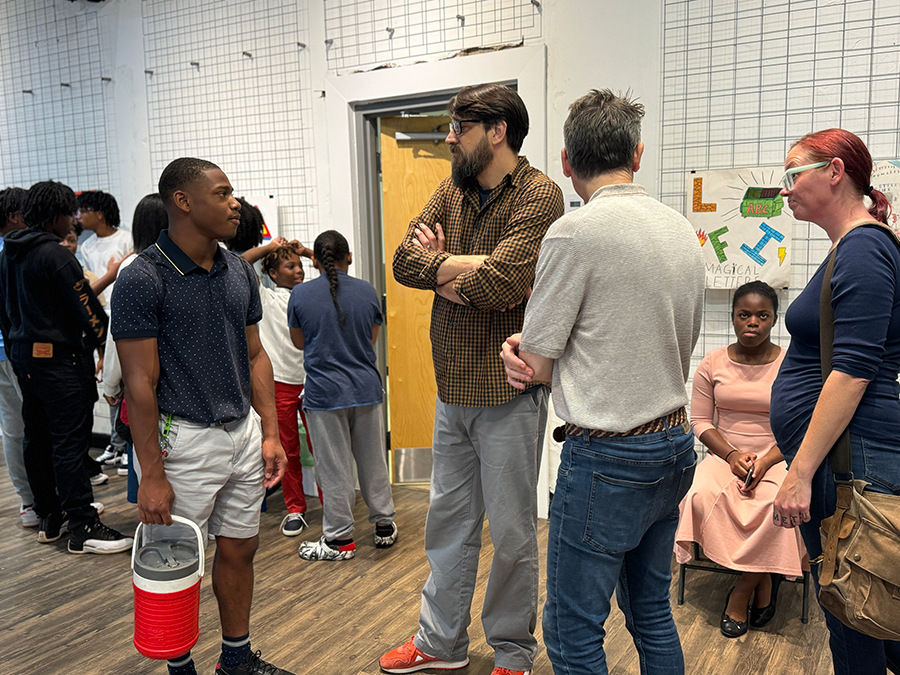
During the course of a year, JSNA will have around 1,200 students attend the after-school and free summer camp programs. As Dennis puts it, “They go from hello to ta-da,” the arc of the program.
The summer programs are generally the most intense, as the kids do a lot of work in a short period. They learn a handful of dances, 20 songs in chorus, lines for the JNSA’s long music theater international play and more. At the end, the parents get to see all of their hard work as the pride shows on their faces. It’s also gratifying for Dennis.
“Once you know, you go through that process of hardship and work achievement that builds confidence. With each layer of confidence, capacity builds. I think one of the most important things we’re doing here is we’re taking kids that could have had different opportunities and focusing that in achievement and engagement, displacing negative activity and preventing broken people from being in the world. These are kids that are equipped to do almost anything.”
Since the school is a nonprofit, Dennis wrestles with ways to get the message across to the public to show how important the role they play in the community is. He sees what the school is doing as turning the negative headlines into positive ones.
In the reception area of the Jessye Norman School of the Arts is a large mural of Norman. It serves as a reminder for Dennis and the staff of the values the school was built around.
“The influence Jessye Norman had on this school wasn’t financial, it was character,” said Dennis. “She helped raise the initial $50,000 to start the school, and then over the years she’s come back and helped raise money through benefit concerts. But her greatest impact on our school was instilling the values and principles that we try to bring out of the students every day, which is to continue to search for excellence. That continued search for excellence is what drives everybody here and everyone wants to make her proud.”
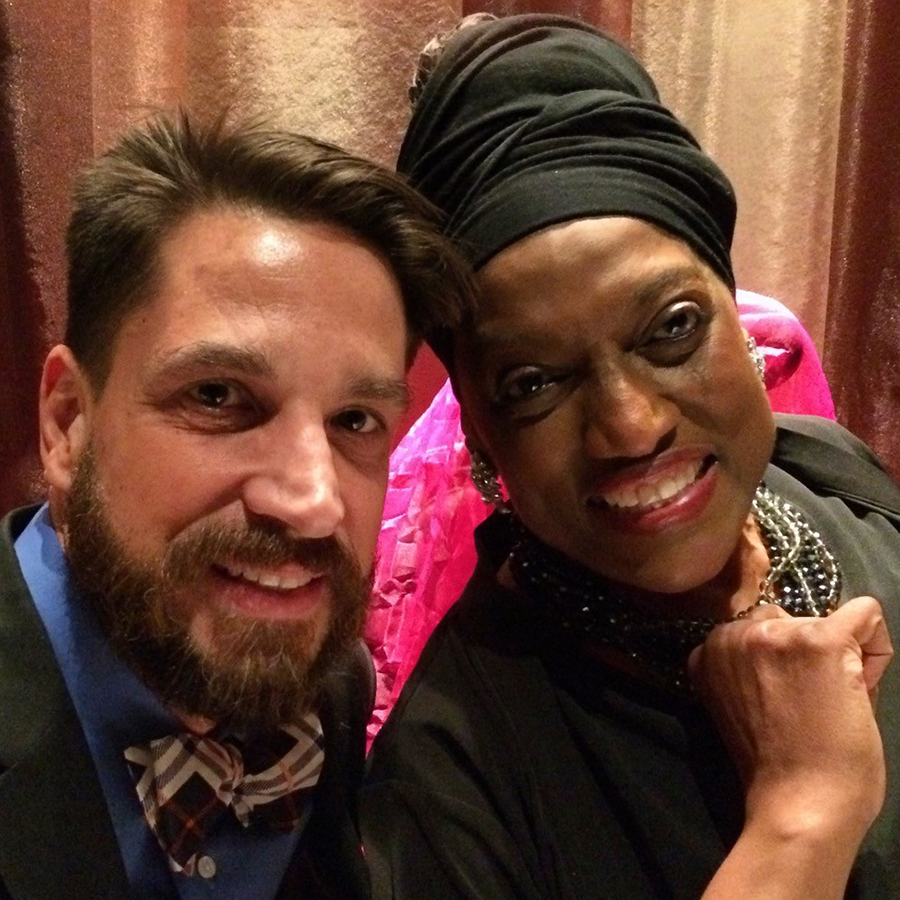
 Augusta University
Augusta University
